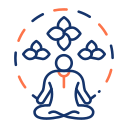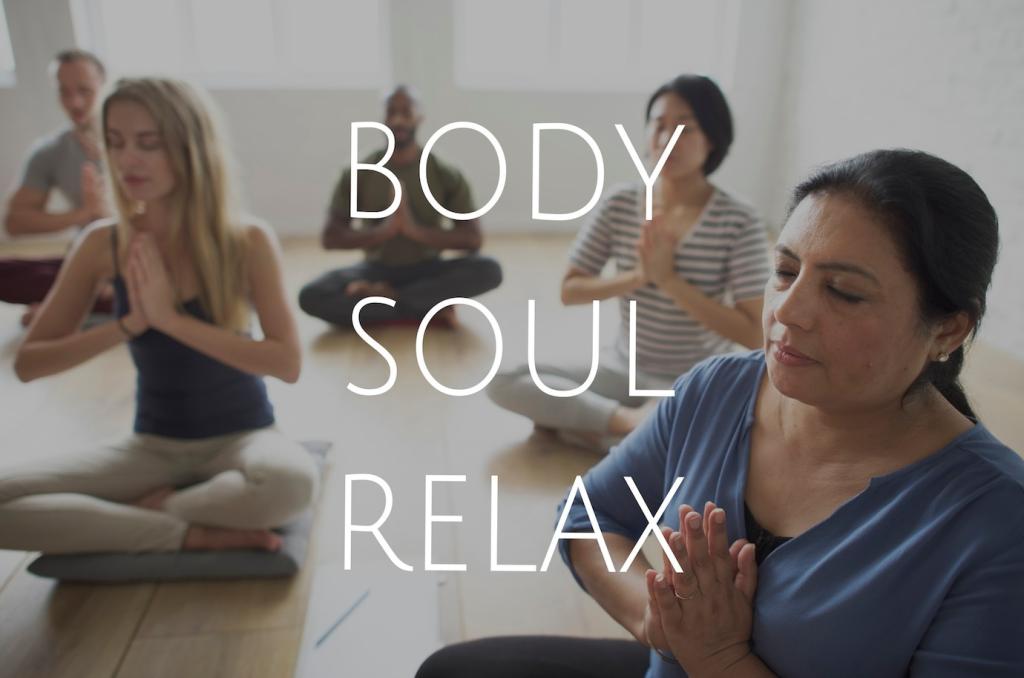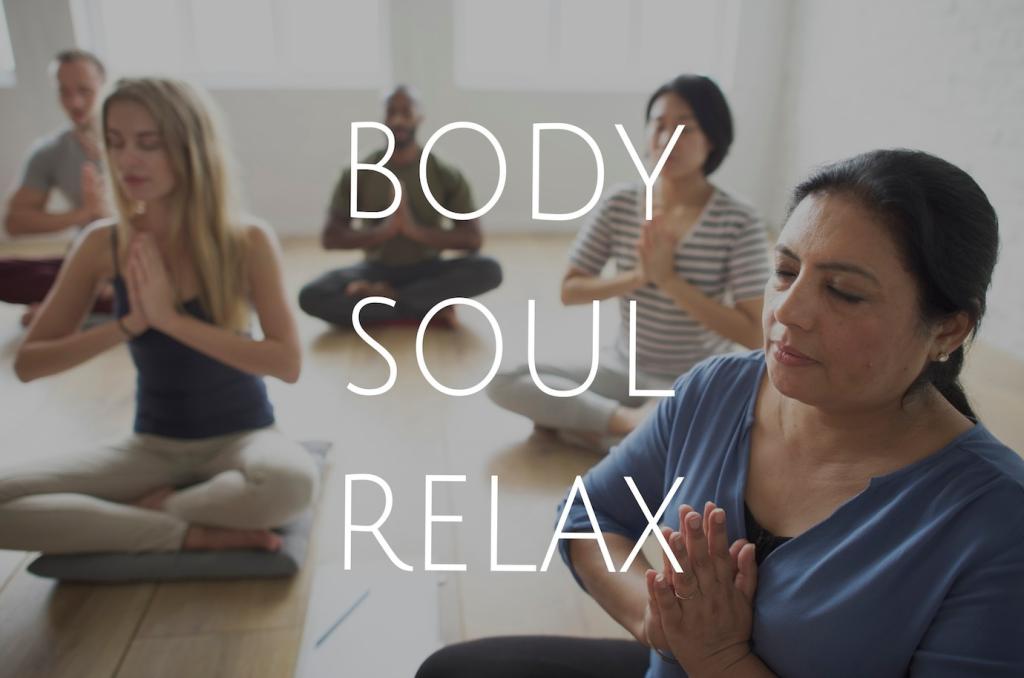Getting Started: Simple Practices That Support Mental Health
Set a two-minute timer. Inhale through the nose, exhale a beat longer through the mouth. Notice the rise and fall of your chest or belly. When thoughts pull you away, say “thinking” softly, and return to the breath. Two minutes count—especially on hard days.
Getting Started: Simple Practices That Support Mental Health
Place a hand on your heart. Silently offer phrases like “May I feel safe; may I be kind to myself; may I meet this moment with care.” This brief practice often reduces self-judgment and supports steadier mood across the rest of your day.



